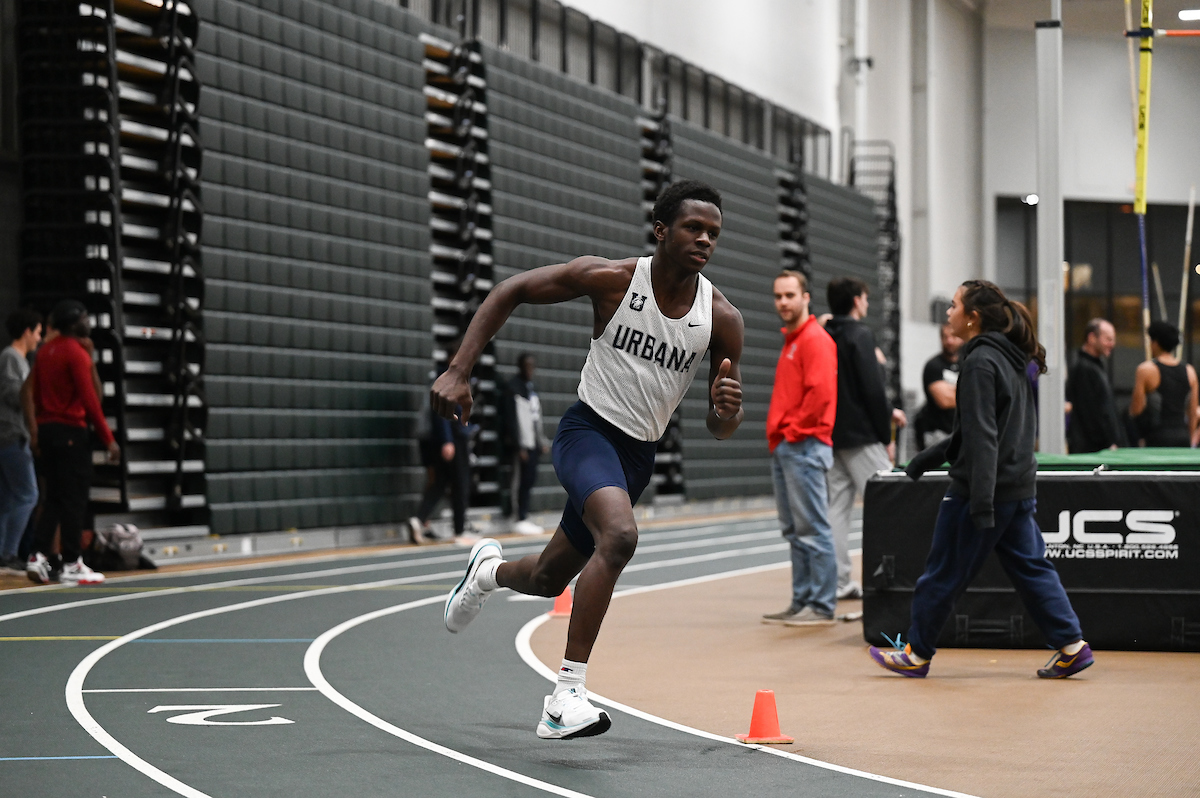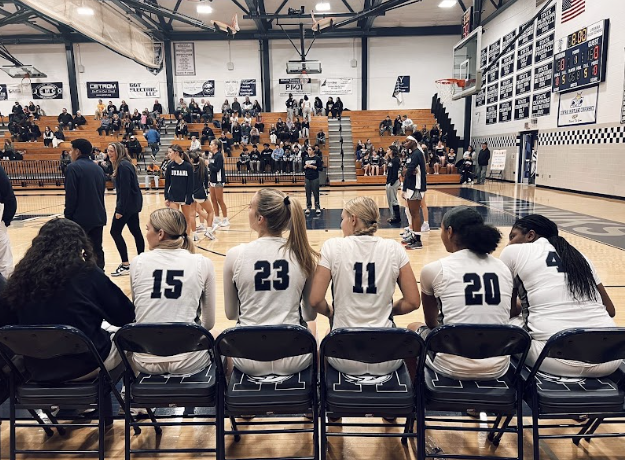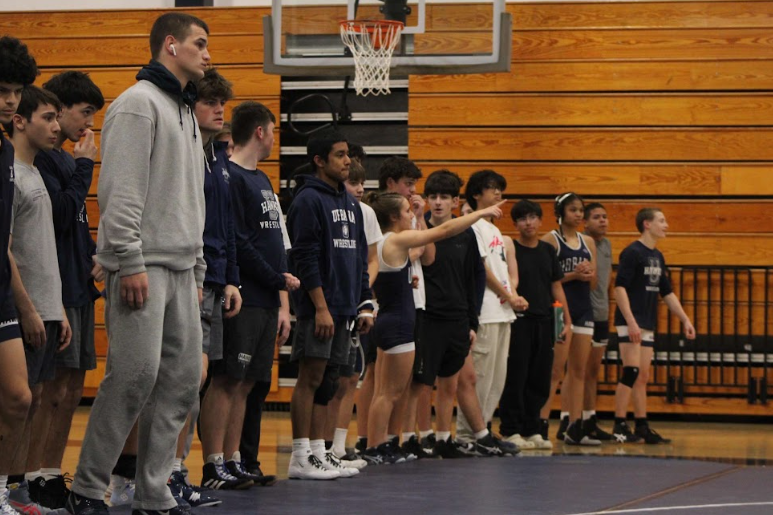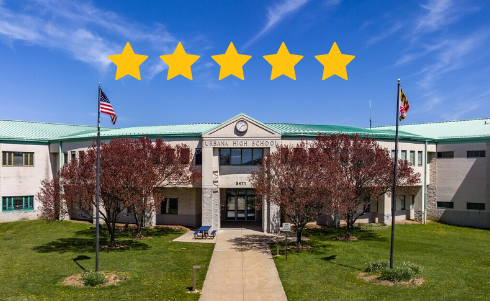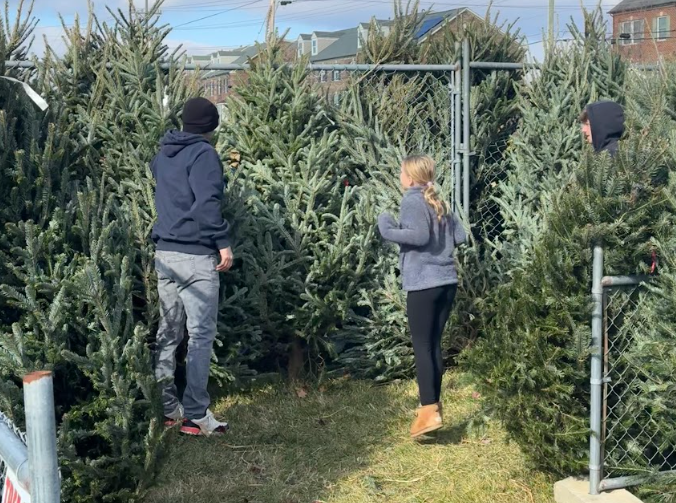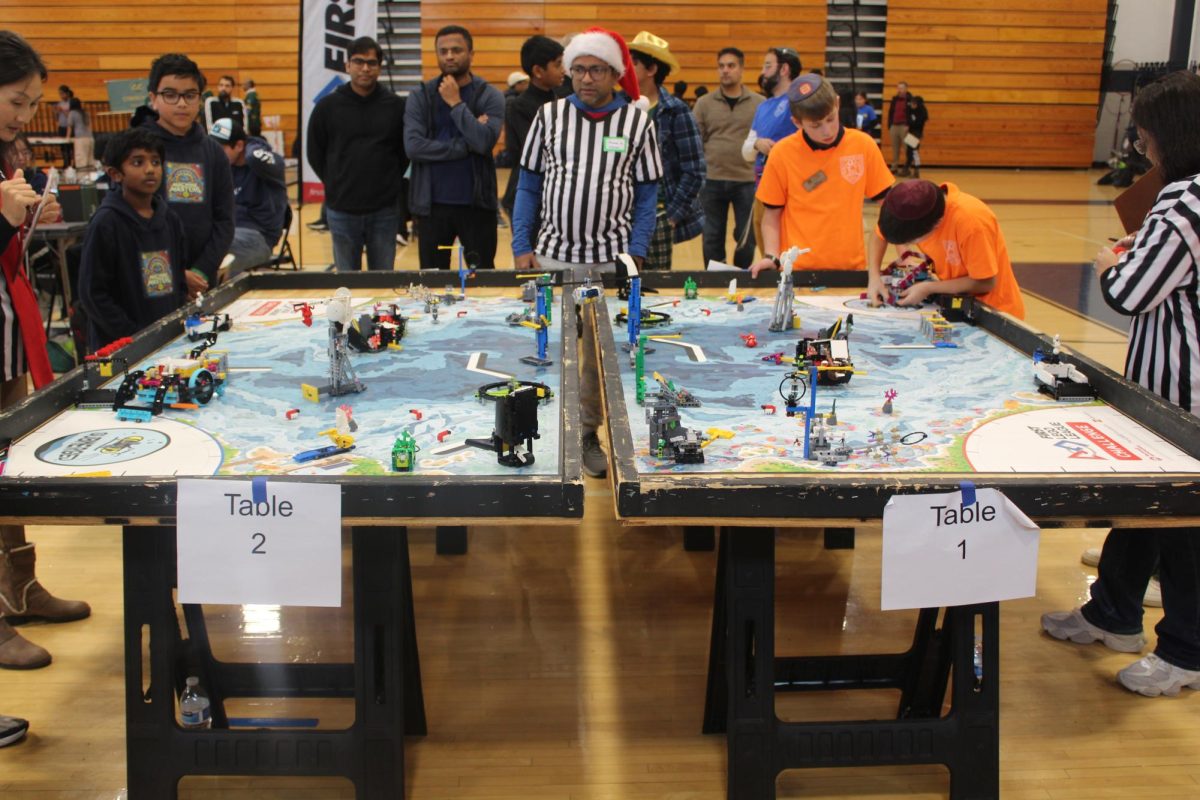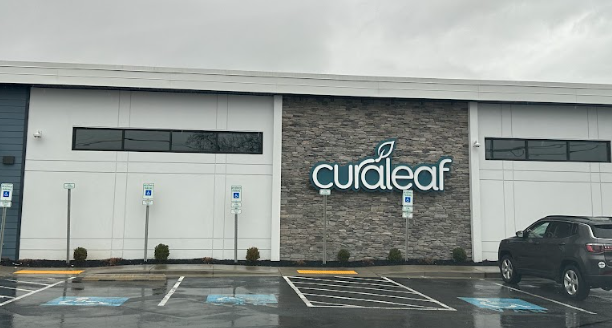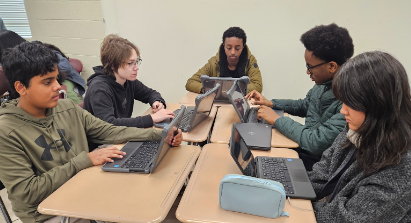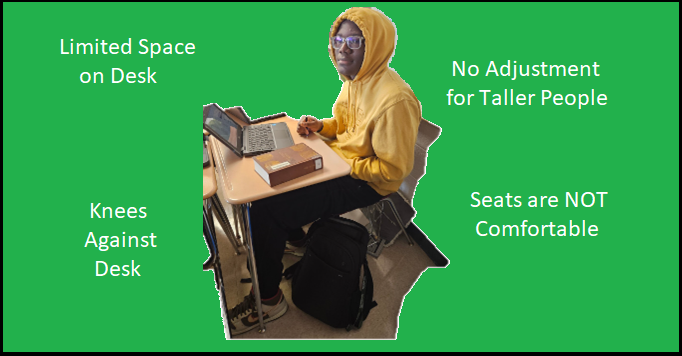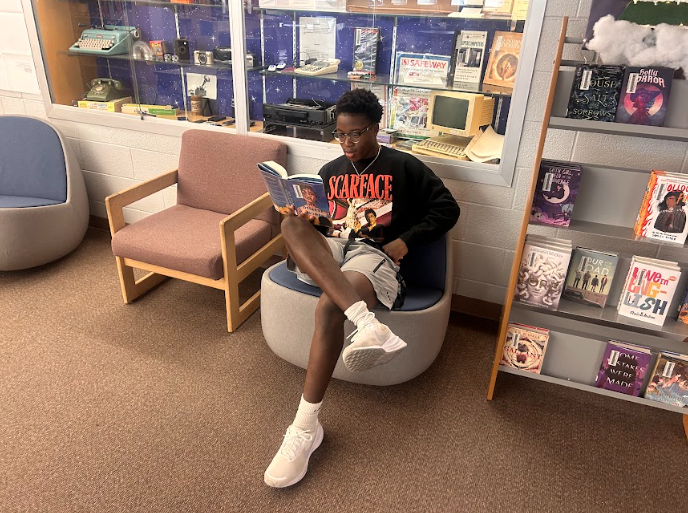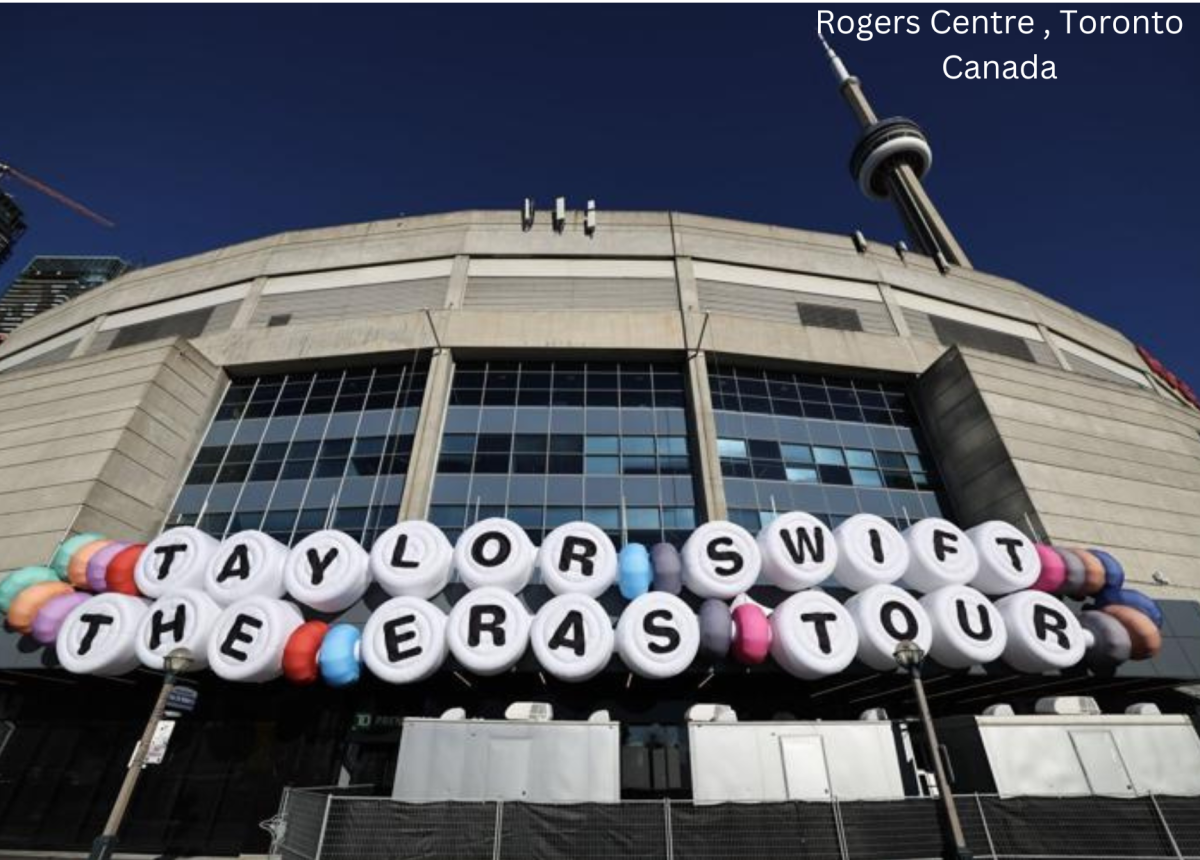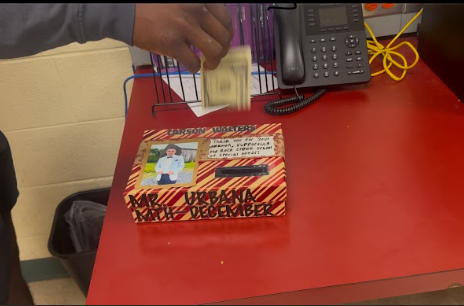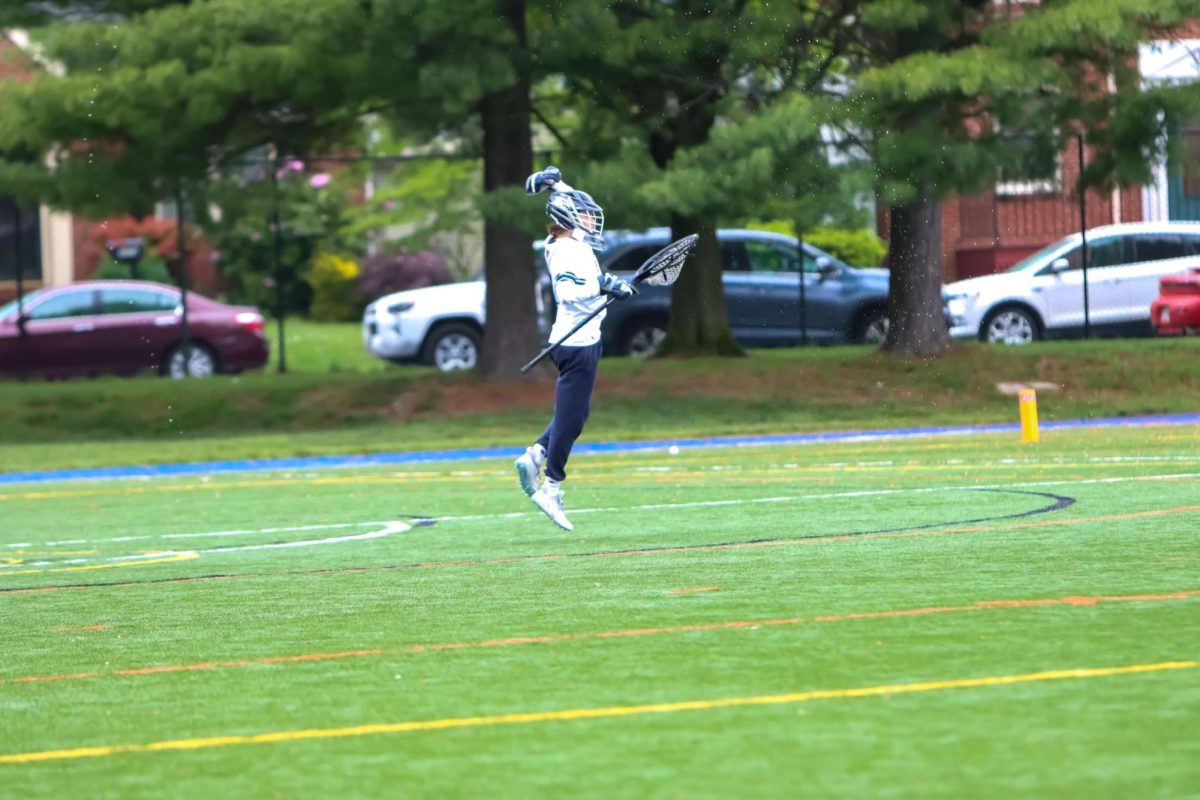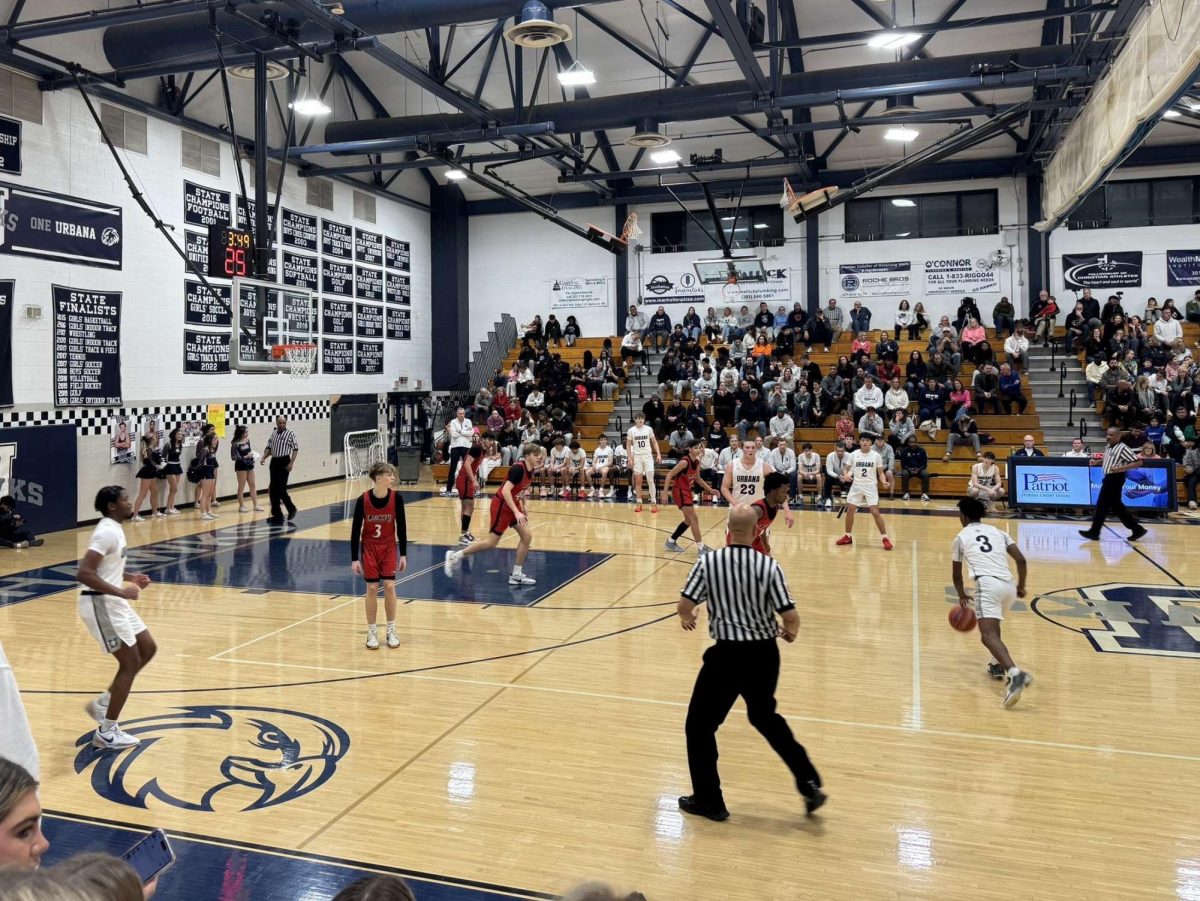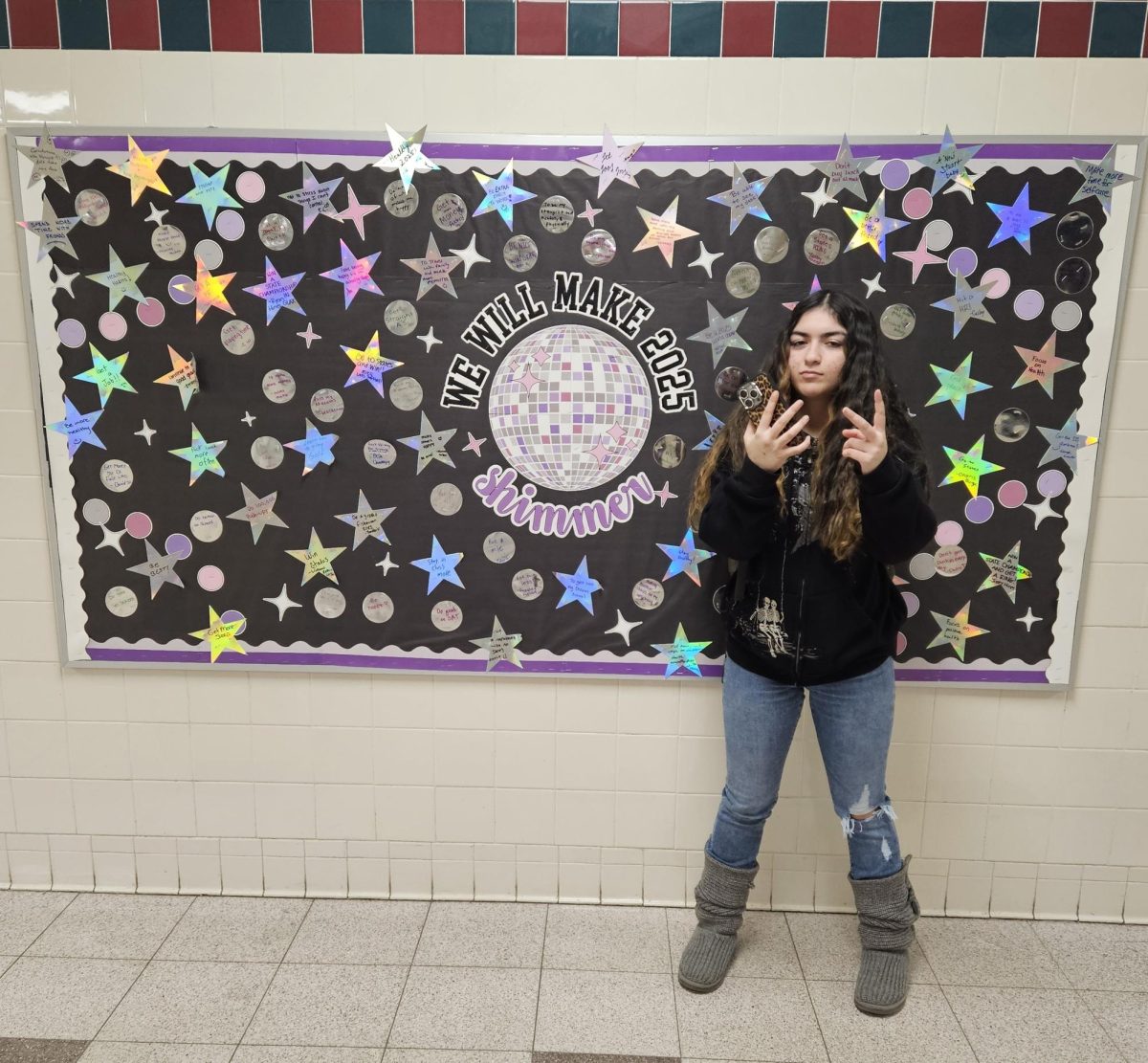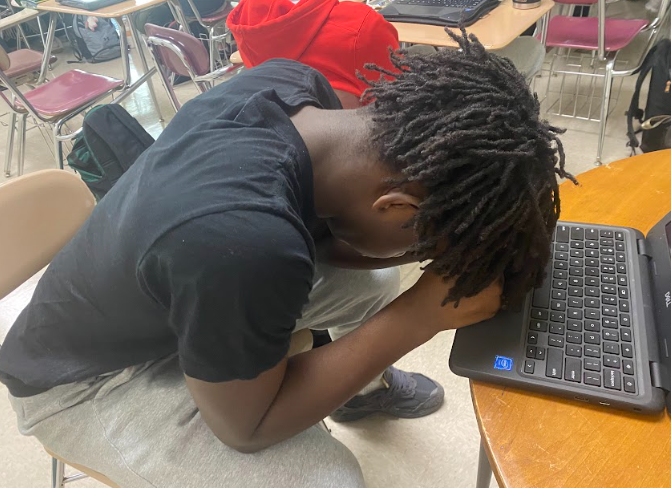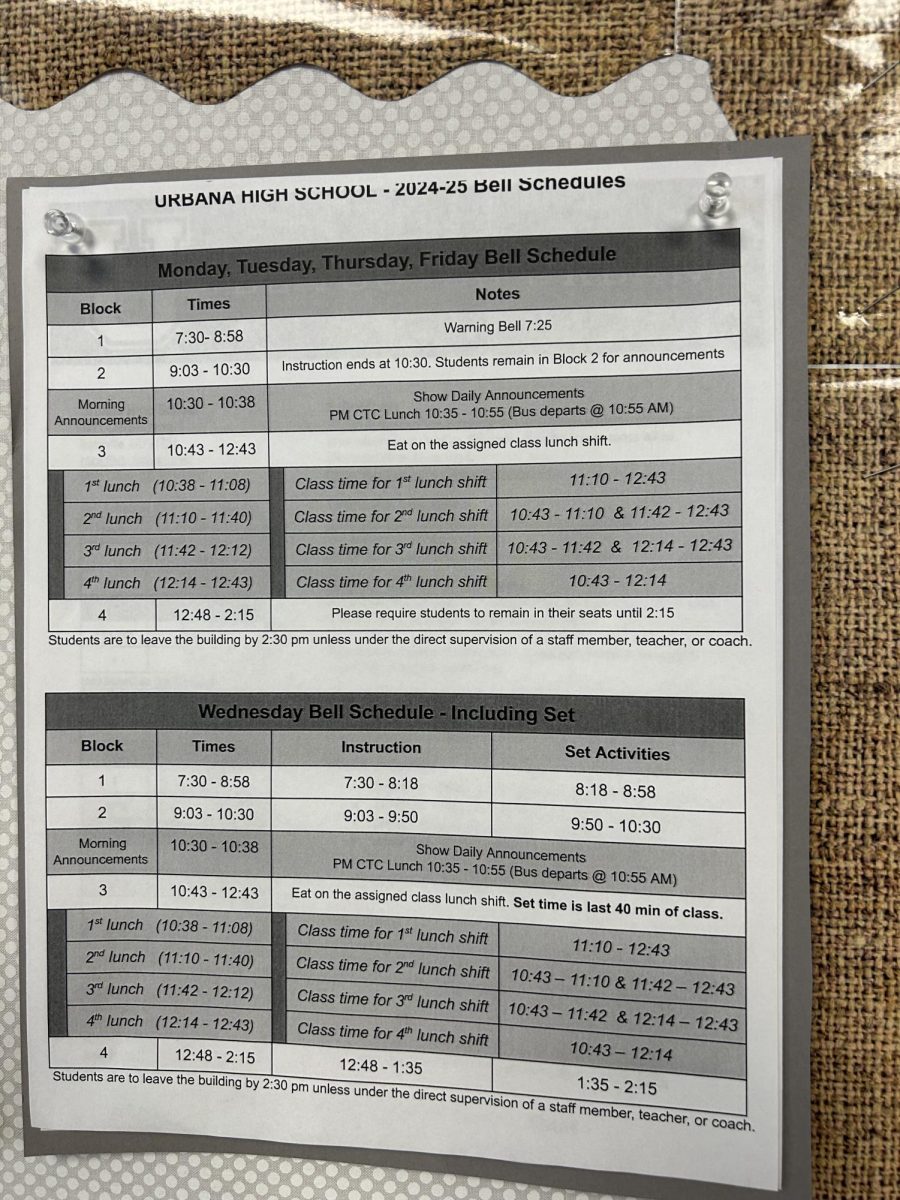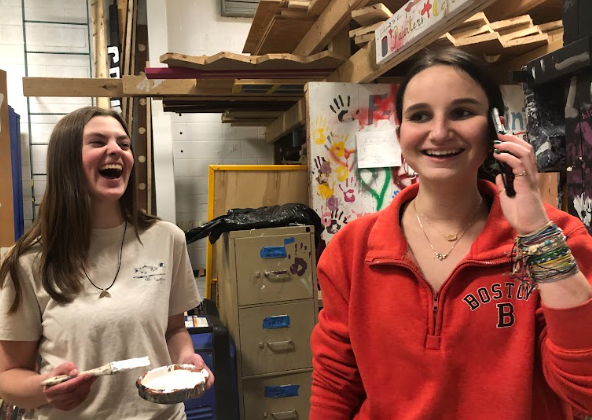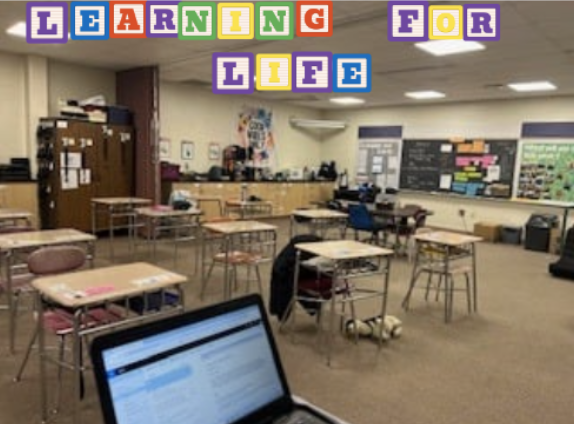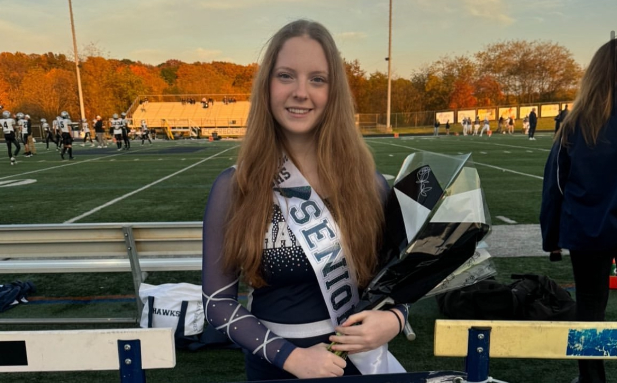Free Our Food
Is the FCPS Food Policy Fair
November 29, 2016
The classroom is not a dining hall. By common sense, it seems that no good comes from eating and studying at the same time. The so-called “food rule” of UHS policy prohibits students from eating or sharing food in class. Reasons include allergic reactions, messes, and distractions to name a few. Since 2006, county policy has stated, “For health and safety reasons, students are only permitted to bring in food for personal consumption.” However, no such restriction applies to our neighboring counties: Montgomery, Howard, Carroll, and Washington. It looks like we are all under extra protection by FCPS.
Last year, Chris Shea presented a recipe and tried to share a sample to his journalism class. This was not allowed. In this case, the food was part of education, messes were sure to be cleaned, and a list of ingredients was present. It is a fact that every gourmet food must be verified by taste. Regardless of how simple this seemed, the school administration strongly recommended strict adherence to the “no sharing” policy.
Preventing allergic reactions are vital at the elementary and middle levels, where young students may not know or be aware of their allergies. However, high schools mandate students to turn in an annual health form containing a list of allergies, so students must know their dietary restrictions. Furthermore, adults already trust their teens in many ways, such as driving or working part-time, so why not to manage their allergies?
With the teacher’s approval, it is reasonable to assume any messes will be cleaned. And it is very unlikely a teacher would grant foods that are quite difficult to clean, like BBQ or ice cream. Some believe eating during class can be distracting; on the other hand, it is even harder to concentrate while you’re hungry.
Rather than a single rule applying universally, FCPS should authorize teachers to have full control of the classroom, allowing food and drink based on their best judgment.

